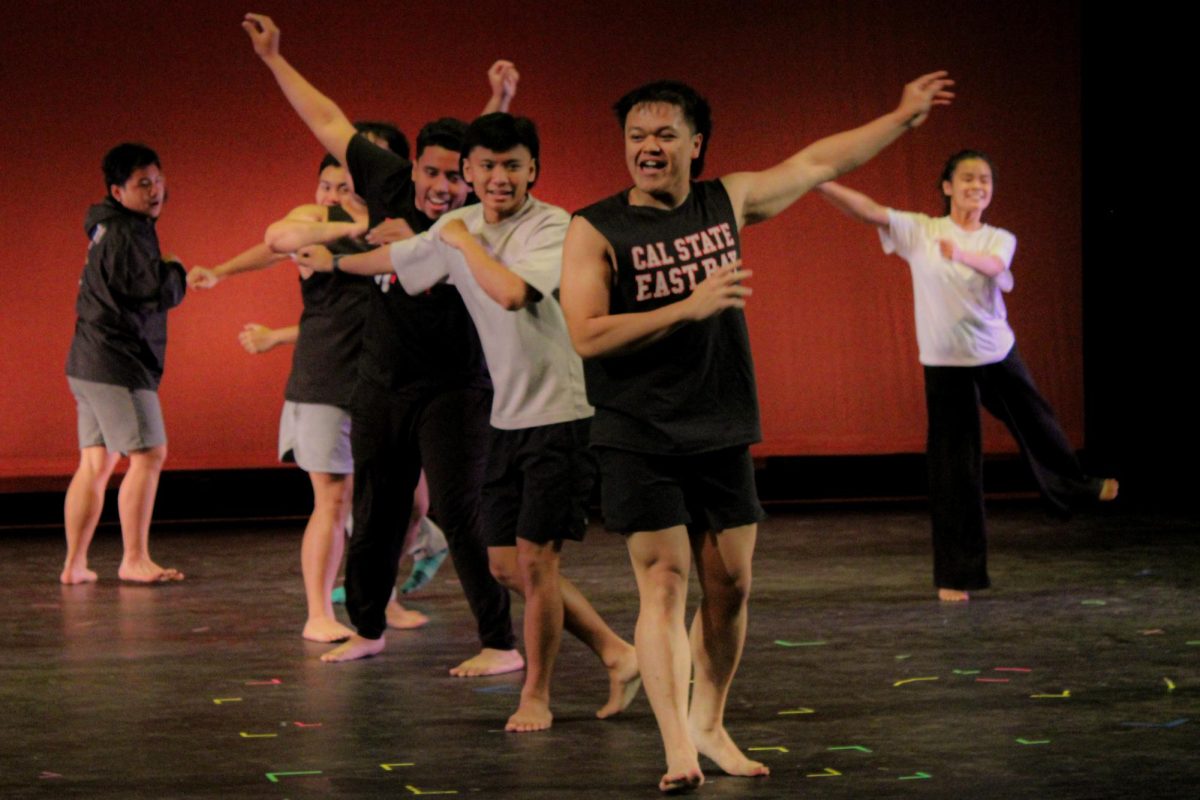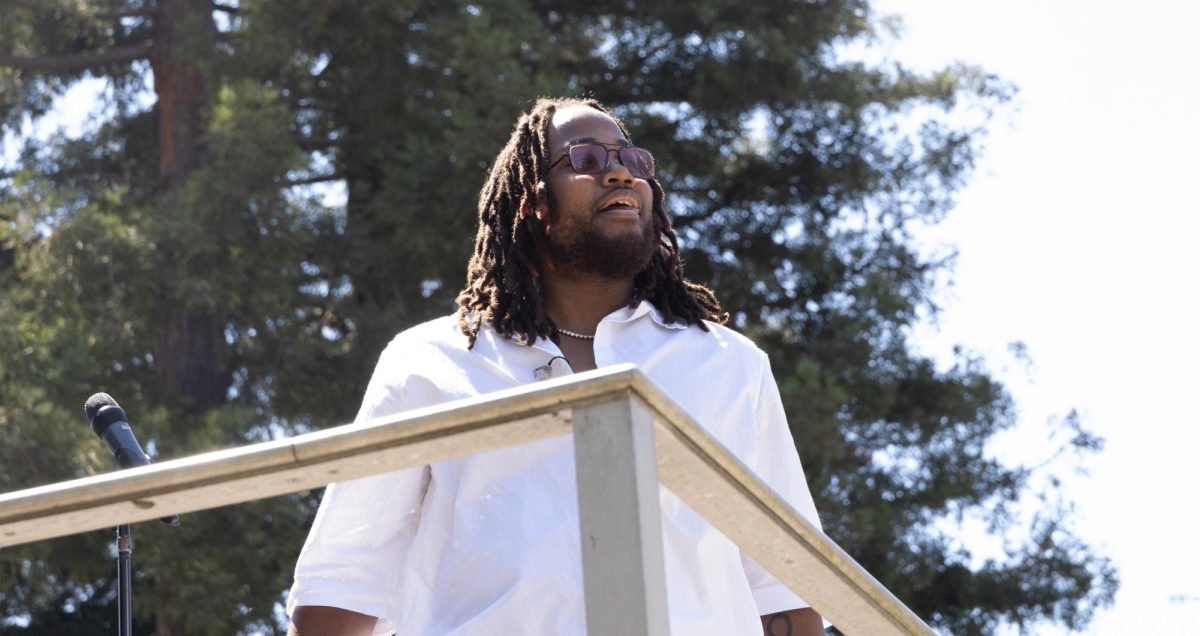On June 9, retiring Speech professor Deborah Alexander was greeted by a written discriminatory phrase at the top of her daily attendance sheet by one of her students in her Communication 1000 class.
“It’s like we’re back in 1965,” said Deborah Alexander. “I thought we had passed from this already; apparently and unfortunately not.”
“Your a n*gg*r!” [sic] was written on the piece of paper and immediately after viewing it Alexander said she immediately notified University Police (UPD), citing the incident as a hate crime and imminent threat to her physical safety on campus.
“I want someone to go to jail,” said Alexander. “I’m a peaceful person, but at the same time you simply can’t do that to someone and get away with it. We have hate crime laws for a reason, and this should not be allowed at the University level.
“I am very hurt and upset by this,” she said. “I have never, not in my whole life, felt the way I did that day.”
After calling UPD, Alexander asked the remaining students in class to stay and speak to the officer who would arrive.
UPD spoke to those students and two other students that Alexander felt might be the offenders of that incident because of their previous verbal discontent over their final grades.
A month into the case and still no one has been identified.
UPD said until someone can be clearly identified there is nothing they can do in regards to the case, but said they are taking this matter “very seriously.”
Linda Nolan, director of equity and diversity at CSU East Bay who is investigating the incident, said she needs to speak to the students in that class to find out who wrote the phrase so he or she can be dealt with accordingly through Judicial Affairs and UPD.
“We want students in general to know that we take incidents like this very seriously, no matter what happens,” said Nolan. “No one should resorts to racial epithets; it shows a lack of civility that should not be on this campus.”
Nolan said “the university has done everything that’s sufficient with the information available,” and would appreciate it if students or anyone who might know something would come forward. Everything will be confidential but will greatly assist the university in bringing justice for Alexander.
UPD Interim Chief James Hodges said that they are doing everything they can possibly do, “legally and morally,” and while Alexander may feel very strongly about referring to this as a hate crime, from a legal perspective it can only be classified as a “hate incident.”
A hate crime, according to UPD, is classified by showing physical intimidation, harassment or force that is directed against any person or group of persons because of their ethnicity, race, national origin, religion, sex, sexual orientation, disability, or political and religious beliefs.
In this case, while expressing clear verbal intimidation, the words written do not show that Alexander is in any physical danger, and in accordance with constitutional guidelines, the perpetrator cannot be persecuted as such.
Regardless, Hodges said, it does not diminish how strongly they are taken with this issue and how hurt they feel for Alexander.
Because of a lack of witnesses or anyone coming forward, UPD Commander Kirk Gaston said the investigation has not progressed as much as they wish, but said they hope someone will step forward so the perpetrator can be dealt with appropriately and accordingly.
“Do the right thing and come forward,” said Gaston. “Do the right thing for her and for the community at large. We do not believe a person like this is a representation of our school and what we believe in as an academic institution.”
Gale Young, Communication Department chair, said she was deeply troubled by the painful incident and also hopes someone will step forward.
Young — who has known Alexander since 1985 — said this unfortunate event says something about an environment that needs to be worked on continuously to show students and others that this sort of behavior is unacceptable.
“It’s unfortunate her career had to end this way,” said Young. “She is a fantastic teacher and every student that walked out of her speech classes, we have seen their growth as students. She will always be thought of as one of our best speech teachers in the department.”
Alexander, who is retiring from CSUEB after 26 years, feels the university is not doing enough in this matter and said she fears for the safety of African-American students and faculty on campus.
Alexander said people who use words designed to intimidate and threaten others based on race should not be at an academic institution, where it is assumed that people of a certain moral and intellectual caliber solely belong.
Referring to the occurrence as her “going away present” from CSUEB, Alexander said if nothing else, she hopes the exposure of this incident teaches people where society still stands in terms of race and prejudice, and that although “we have improved in this country, we still have a ways to go.”
“Not even growing up in Louisiana did I feel this way,” Alexander said. “My brothers and sisters keep telling me not to let this go. I’m a forgiving person, maybe I’ll let this go in time.”
“But it still stands as one of the most hurtful and evil things someone can do to a person,” she said. “I thought we were better than this as a people. I am disturbed and fearful for our future. I really thought we had moved on.”










